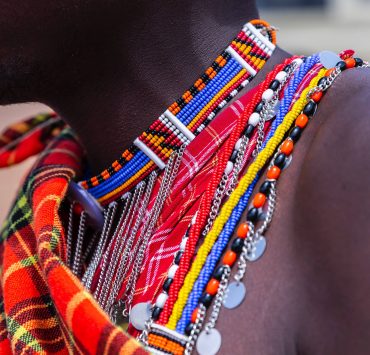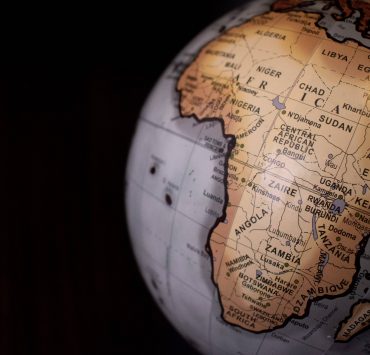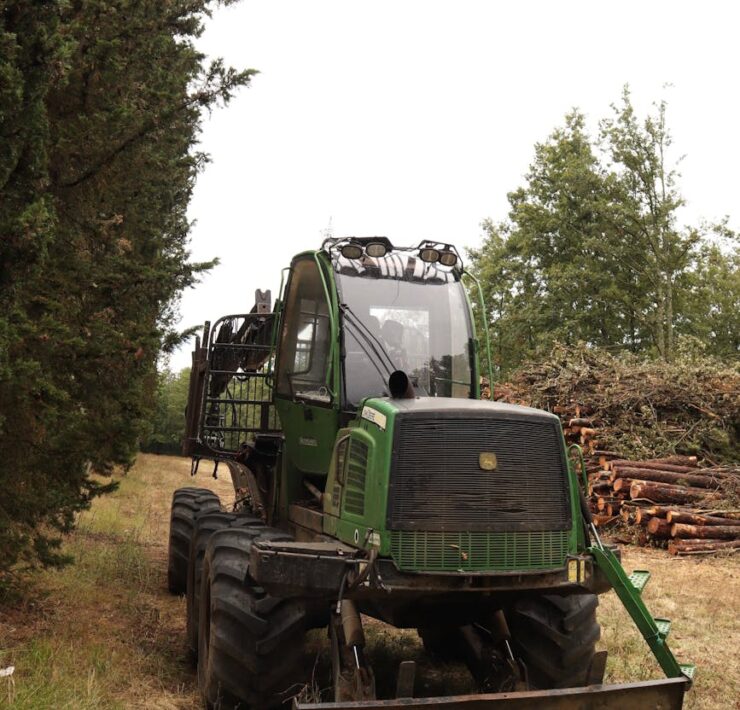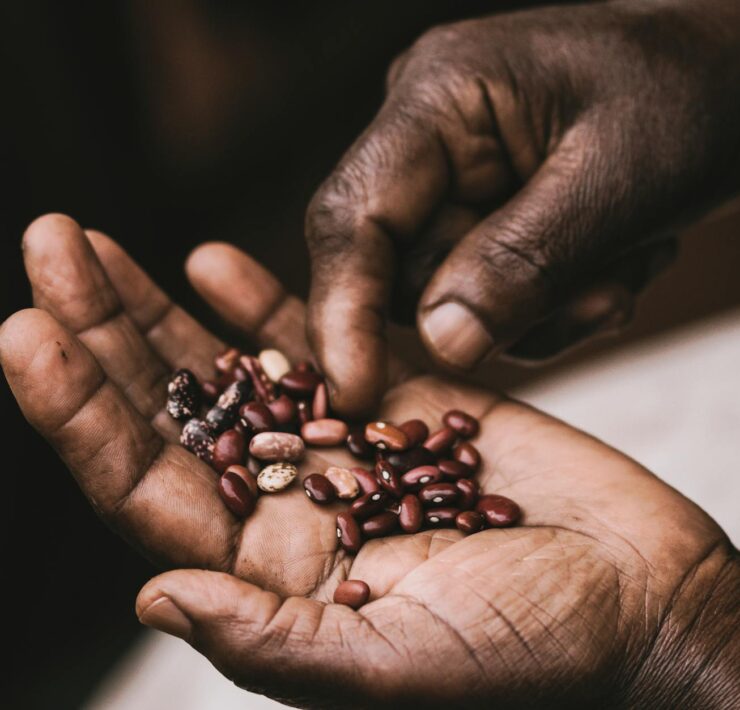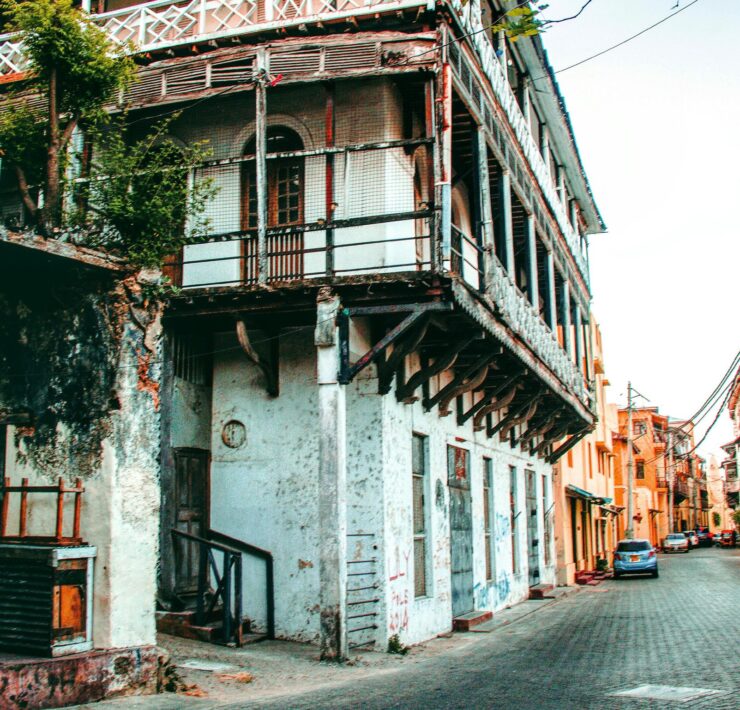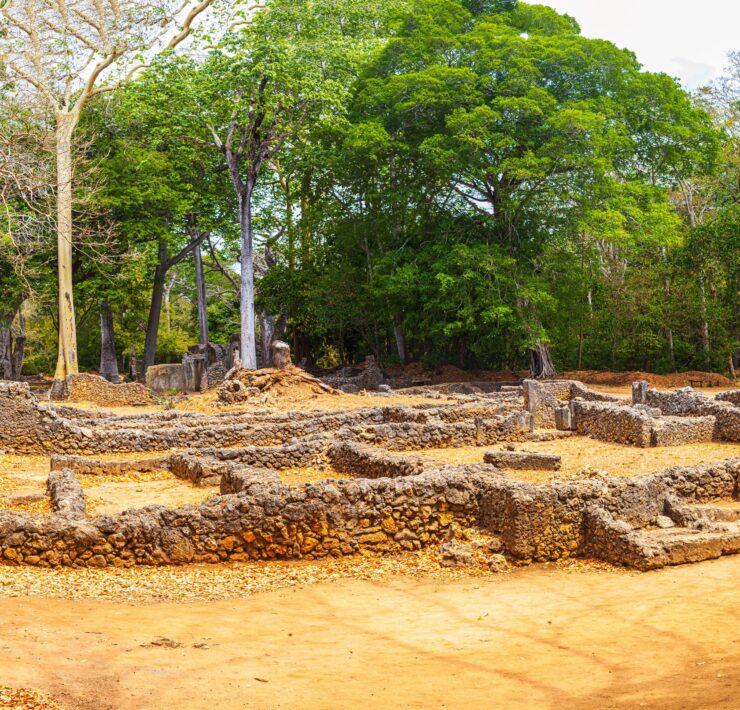Experience Africa: Cultural Village Tourism

Norbert Mporoto is a Tanzanian Freelance Writer, Editor, Translator and…
In recent years, where tourism has grown most rapidly, Africa is experiencing a growing interest in the area of cultural tourism, as tourists prefer visiting areas that have undisturbed nature, and where they can escape from city clutter, sewage, and smoke. With this passion, cultural villages came to be one of the attractions that draw tourists, by bringing together tourism and heritage under the umbrella of cultural tourism.
Cultural tourism attracts tourists as they come and experience local cultures, which give them the opportunity to appreciate and improve their understanding of them. Cultural tourism incorporates socio-cultural, economic, environmental aspects, and traditions of societies. In addition to material components, cultural tourism can consist of intangible cultural elements such as language, tales, myths and history, music, songs, dances, rituals, customs, and lifestyles.
Again, cultural tourism involves activities that are carried out in order to showcase the lifestyle of cultural and ethnic groups, along with their history, artifacts, and monuments that they have created. In addition, it encourages local communities to take pride in their culture and also contributes to strengthening community identity. Cultural villages celebrate cultural traditions of several different people, but also reproduce traditional dwellings and offer demonstrations of dances and other cultural activities.
Notwithstanding the tremendous increase and demand from tourists to visit those beautiful places, Africa is still punching below its weight in an attempt to accommodate the needs of tourists. Only a few countries have initiated such kinds of projects, especially the countries from Sub-Saharan Africa. This article sets out to explore some prominent cultural villages, which have set a good example for other African communities. The article will also discuss the purposes, roles, and exceptional attractions of those villages towards cultural tourism development.
First, cultural villages are rich in sculptures and buildings, which convey important personal, cultural, and political messages, especially the evils of the apartheid regime. For example, The Credo Mutwa Cultural Village has an outdoor exhibition that allows visitors to peruse Mutwa’s pieces at leisure, and to think about the concepts, motives, and messages of each piece. The Credo Mutwa Cultural Village is one of Soweto’s many gems, and a must see for visitors from all over the world who want a taste of deep African cultures and beliefs combined with modern ideas. This is an outdoor exhibition area that is set up in a museum-style, highlighting the works and inspiration of Credo Mutwa. The garden at the Credo Mutwa Cultural Village was a personal endeavor on the part of the artist to educate Africans about the folklore and heritage that form the basis of their modern identity. Visiting the Credo Mutwa Cultural Village offers a unique glimpse into the life and creative mind of an artist that is committed to representing South Africa and engendering love and respect for its peoples and cultures.
Second, Cultural villages preserve hospitality, art, craft, and culture. For example, Khaya La Bantu Cultural Village maintains and preserves the Xhosa culture. Guests who visit the village get a glimpse into the rich customs, art, and craft of Xhosa people, while experiencing authentic hospitality. A tour of the village starts with a welcome dance characterized by drums, traditional dancing, colorful traditional attire, and singing. Guests are exposed to sacred rituals, customs, and Xhosa heritage, and have the opportunity to sample traditional dishes and locally brewed beer. While visiting Khaya La Bantu, guests are invited to visit the chief’s burial site, introduced to the mystery of the Sangomas (traditional healers), and are treated to an exciting display of stick fighting.
Again, Cultural villages welcome visitors to experience their culture and way of life. From the tourists’ point of view, the large number of tourists are so excited to learn their customs, foods, initiation ceremonies, weapons, outfits, and home construction. With a passion to serve their interests, Shangana Cultural Village, which is located 5 kilometers from Hazy view town in Mpumalanga province offers all the above-mentioned, with a special experience of Tsonga and Zulu cultures in South Africa, whereby their cultural dynamics converge. At the heart of Shangana Cultural Village is the picturesque Marula Market where locals make and sell their crafts. From this market, visitors are led by trained guides to the traditional Shangana villages. Guests learn the customs, foods, initiation ceremonies, weapons, outfits, and home construction of the Shangana people.
Some cultural villages act as open-air museums, which exhibit the art forms and customs practiced by African communities. For example, the Botshabelo Historical Village preserves the historic culture of the Ndebele people. The village is located in Middelburg, Mpumalanga, this beautiful village was originally a Christian mission station. Men and women on the site practice various traditions and wear traditional garments passed down from past generations. The village exhibits the visually rich traditions of the locals. Therefore, visitors to this open-air museum gain a firsthand experience of the beadwork, clothing, and distinctive homesteads of the Ndebele people.
In terms of heritage and history, some cultural villages were constructed to maintain African history. For example, Shakaland Cultural Village, apart from offering the best Zulu experience, also acted as a backdrop for the Shaka Zulu movie, which is a great attraction to visitors. Like Shakaland, also Isinamva and DumaZulu village offers unforgettable experiences, where guests learn about the Zulu customs, traditional outfits, ancestors and traditional healers, and the role of cattle in both courtship and marriage. Visitors enjoy music, dances, also sample traditional foods, and beer. They also witness the making of baskets, beadwork, shields, and spears.
If you trace the background and development of these cultural villages, you will find that their presence is highly supported by individuals and communities that intend to preserve their history and culture. Yet, their presence offers a huge impact for African countries. It is sad to say there is only little support from the government in these projects, and yet each country has a ministry of culture and tradition as well as a ministry of tourism. Cultural villages should be one among the priorities as they promote culture, attracting visitors and can be a marketing place for African commodities related to culture and tradition. Investing in other tourist attractions is an important thing, which the rest of the world is also doing. However, what attracts visitors is the uniqueness of those attractions, whereby cultural villages stand to be genuine and more attractive.
Since cultures vary from one ethnic group to the other, this becomes novel to the visitor, as they experience varied people’s everyday ways of life. Cultural villages are currently one of the most popular tourist attractions in Africa, but in spite of their popularity, the villages also face a barrage of criticisms leveled against the manner in which they represent culture and identity, as well as their political economy.
Generally, as we proceed with the significant role of telling our own African stories, let it be known to all that it is more important to be in the moment than to count the seconds on the clock. The experience and people in the present are more valuable than appointments in the future. Focus less on the timetable and more on the people you are with, African cultural villages are rare and really, something that makes Africa such an amazing place; and it is well worth taking the time to visit Africa. Come one, come all.
What's Your Reaction?
Norbert Mporoto is a Tanzanian Freelance Writer, Editor, Translator and Poet. He composes poems of all kinds and writes novels and short stories. He also writes articles on several contemporary issues. Norbert is also skilled in the preparation of Business Plans, Project Proposals, Memorandums for Companies, Educational research and reports. You can reach Norbert at: https://linktr.ee/Mporoto









